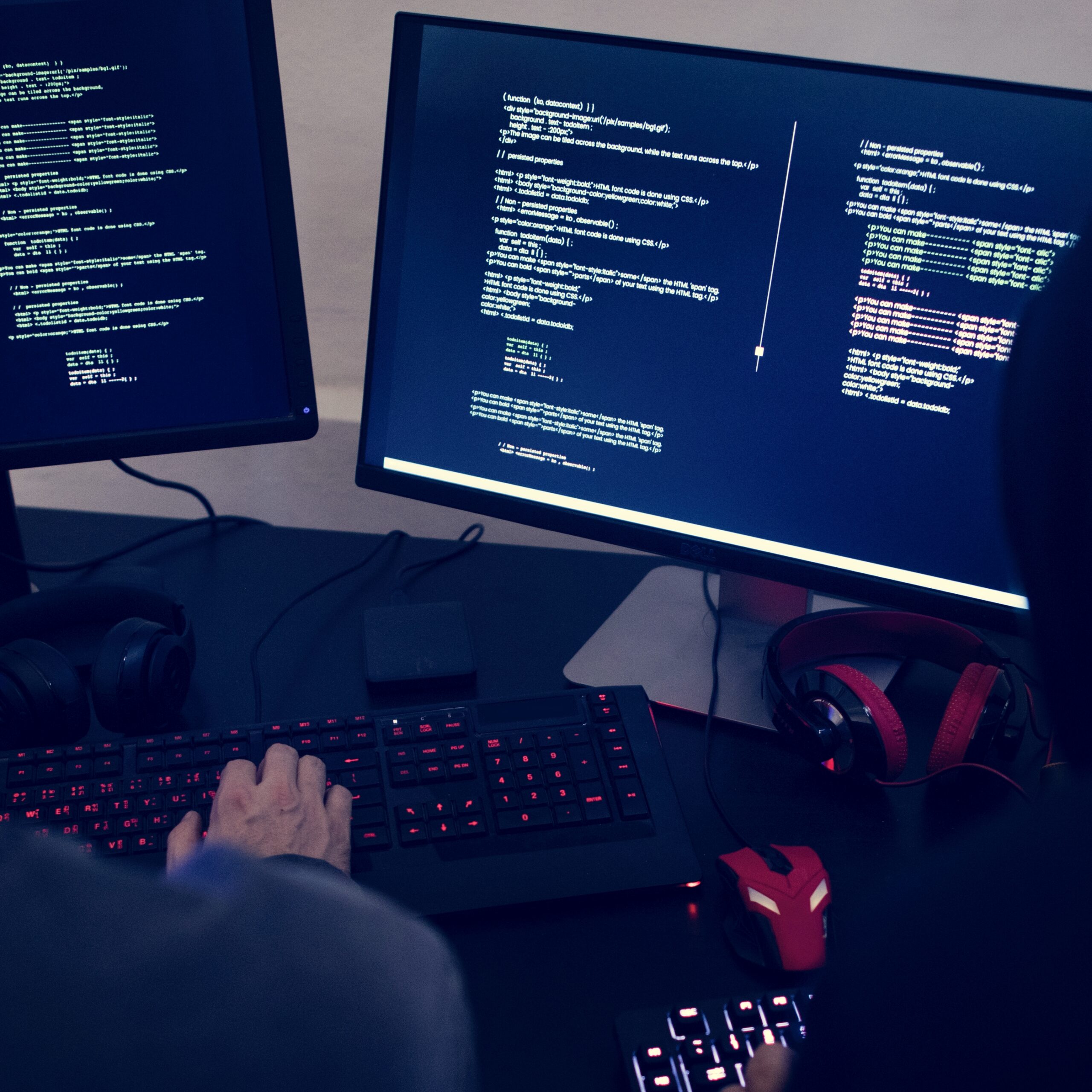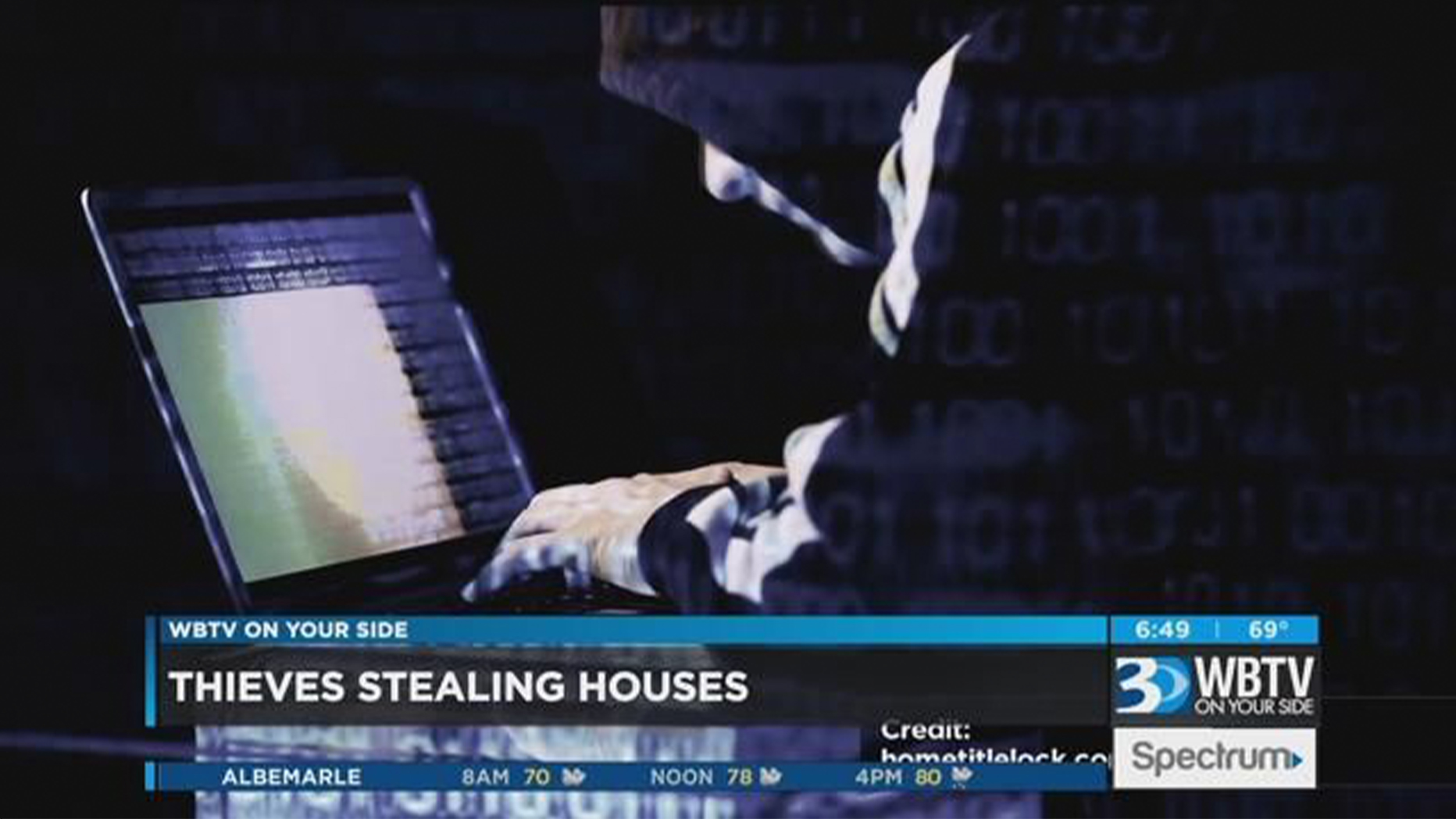Child predators have started to scouring homework sites for possible victims during the global pandemic, and with more kids online for longer than ever before, they’re finding them. They are evading detection thanks to specialized coding.
Social media acronyms have existed for as long as social media itself. (Do you remember when your mother – or maybe you – thought LOL stood for “love you lots”?) And new ones are always being developed. Some have even entered common parlance, such as BFF (Best Friends Forever) or FOMO (Fear of Missing Out, in case you truly missed out!).
For most of us, this shorthand is simply a fun and convenient way to communicate on our smartphones. Online predators, on the other hand, rely on specialized acronyms and numerical symbols to achieve a diabolical goal: connecting with potential child targets while avoiding discovery by parents and police enforcement.
Or, to use an abbreviation, KPC (Keeping Parents Clueless).
A child left alone online without parental supervision for the majority of the day is exactly what a predator is looking for…
The Child Rescue Coalition, a US-based organization dedicated to ending child sexual exploitation, has identified 30 of these code phrases and is advising parents to be aware of them when reviewing their children’s texts and posts.
8th. Oral Sex
99: Parental Absence
I adore you (142).
182: I despise you
Nude Club 1174
ASL: Age/Gender/Location
CD9: Code 9 indicates that parents are present.
FYEO: Only for your eyes.
GNOC: Get Naked in Front of the Camera
GYPO: Remove your pants.
Hugs and kisses, HAK
IWSN: I need sex right now.
Kiss for you, KFY.
KPC: Keeping parents in the dark
MIRL: Meet in person
MOS: Mom looking over her shoulder
NIFOC stands for naked in front of a computer.
NSFW: Not suitable for work.
P911: Parental Warning
PAW: Parents are on the lookout.
PAL: Parents are paying attention.
PIR: Parental Involvement Report
Parent looking over their shoulder
PRON: Pornography
RUMORF: Are you a man or a woman?
SWAK: A kiss sealed the deal.
Talk filthy to me, TDTM.
WTTO: Do you want to trade photos?
Parents can also protect their children by stressing that even the most benign personal information shared online can put them at risk.
Child predators are increasingly frequenting homework sites.
“”They’ll go on these chat sites with other kids, assume they’re other teens, and say things like, ‘Man, I hate it, my mom and dad go for work,’ and ‘I’m here alone for eight hours,'” adds cybersecurity expert Chris Hadnagy.
A child left alone online without parental supervision for the most of the day is exactly what a predator is looking for to begin the grooming process.
Child predators, according to experts, have switched to homework sites as well as online gaming sites with interactive conversation throughout the pandemic.
The chat will then be moved to another site, such as Kik, Instagram, or WhatsApp, as the next step in the grooming process. “We’re seeing a lot of that, “Hadnagy explains.





























